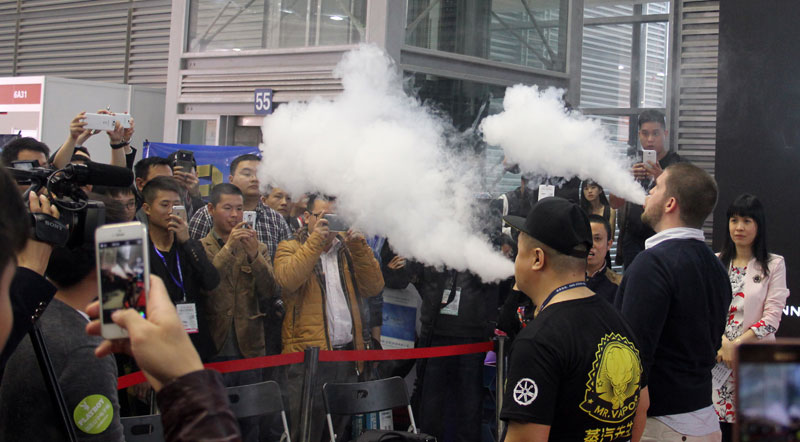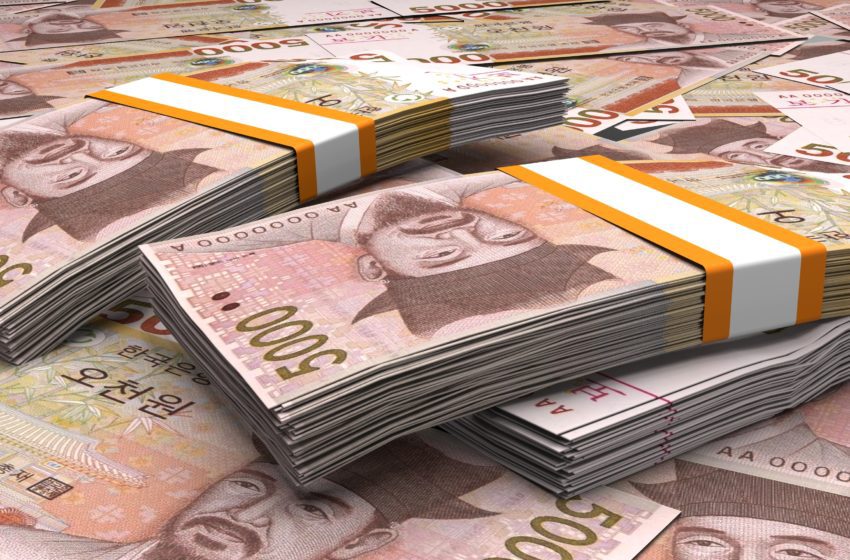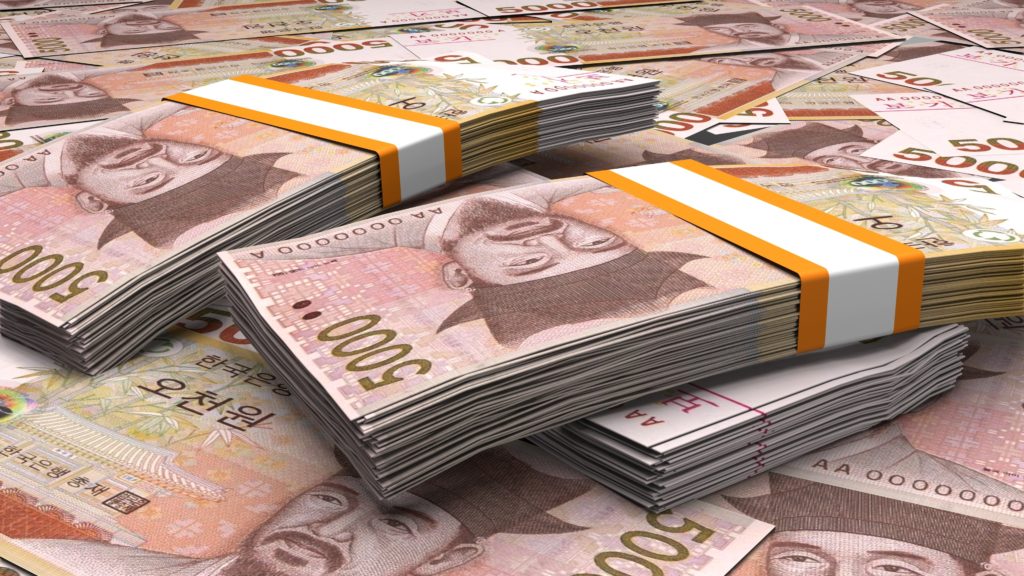E-cigarette companies have been evading taxes by declaring false nicotine content when importing liquid nicotine base into South Korea, according to one of the country’s lawmakers, reports The Pulse.
The accumulated tax evasion is estimated at several trillion won.
Between January 2020 and July 2023, 20,197 kg of liquid nicotine base was imported, according to documents from the Korea Electronic Liquid Association obtained by Lim Lee-ja of the ruling People Power Party. Approximately 3,300 bottles of e-liquid can be produced with 1 kg of liquid nicotine. Each bottle is levied at KRW53,970 ($40.60).
Many e-cigarette companies have been mis-declaring tobacco leaf nicotine as tobacco stem and root nicotine to evade taxes since 2016, according to the association. Under Korea’s tobacco laws, nicotine extracted from tobacco stems and roots is not classified as tobacco.
Data shows that e-cigarette companies changed their declarations from tobacco leaf nicotine to synthetic nicotine when Korea’s Individual Consumption Tax Act was amended in 2021 to impose taxes on all tobacco-derived nicotine. Synthetic nicotine is classified as a simple commodity and not subject to taxes.
The association stated that annual distribution volume of Korean e-cigarette liquid is 30 million 30 mL bottles, with an estimated annual tax evasion of KRW1.6 trillion.
In 2019, the Board of Audit and Inspection audited the Korea Customs Service, the Ministry of Environment and the Ministry of Health and Welfare, showing that all the inspected imported nicotine was tobacco leaf nicotine. Falsified declarations have continued since then, according to the association.
Lim has called on the government to crack down on companies falsely declaring their products.
Liquid nicotine base is considered a hazardous substance under the Chemical Substance Control Act, regulated by the Ministry of Environment. Imports must be reported to the minister of environment, and companies must obtain an import declaration certificate for hazardous substances.
Those caught failing to report or falsely reporting the import of hazardous substances are subject to up to one year of imprisonment and up to KRW30 million in fines. None of the companies shown to have falsely declared nicotine products in past audits have been punished to date.









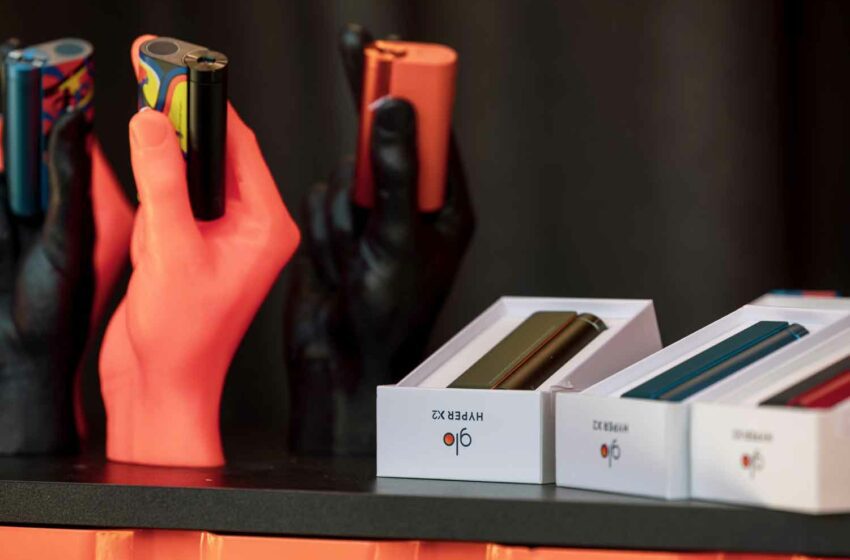
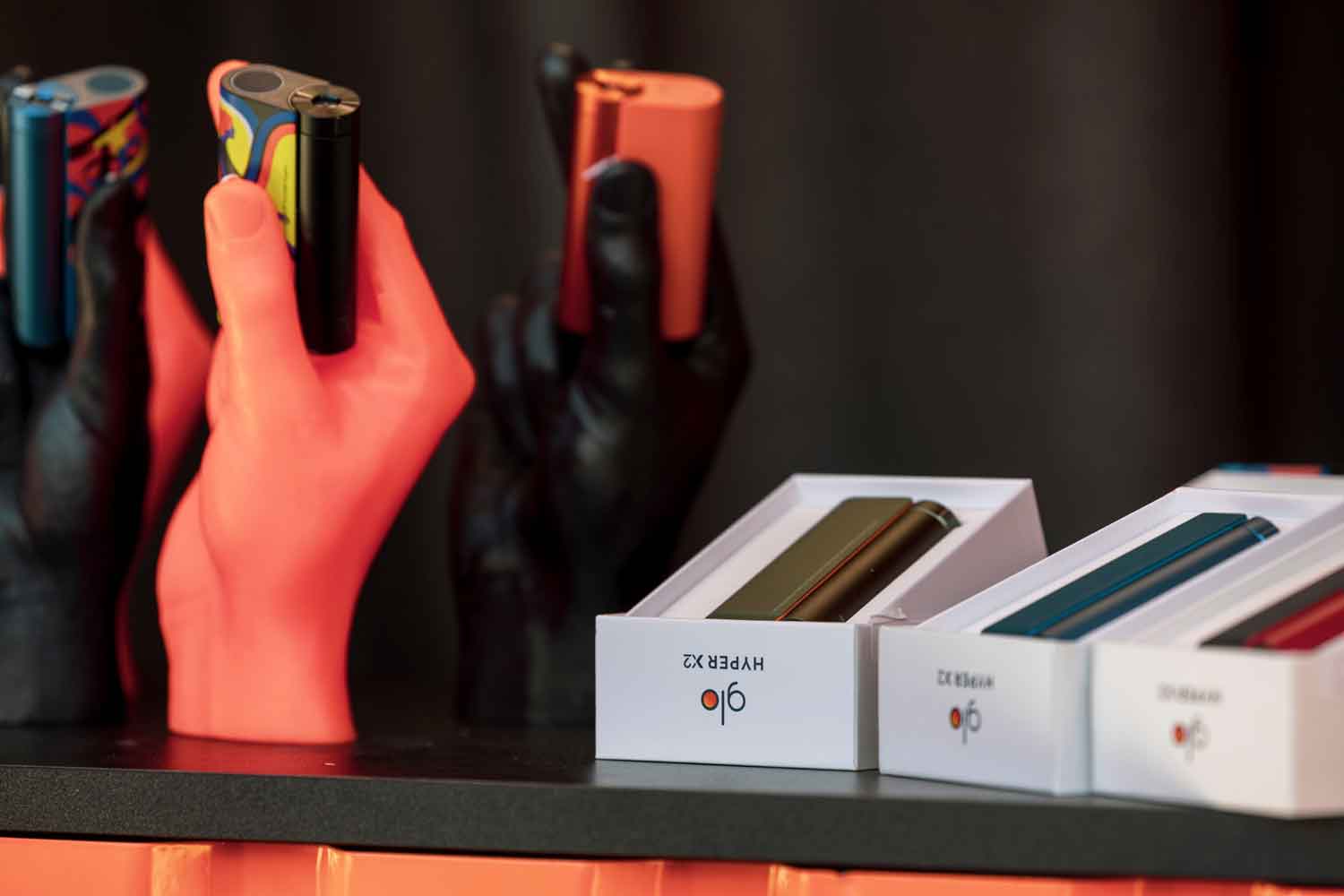
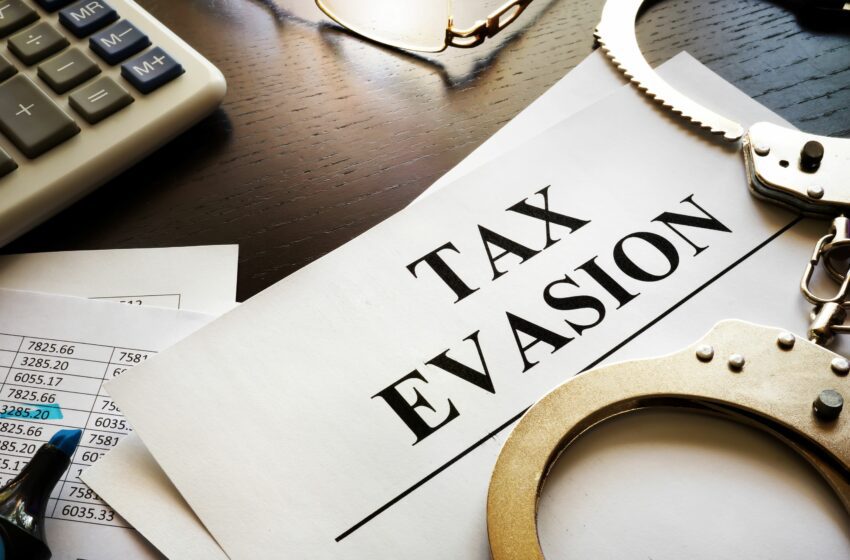
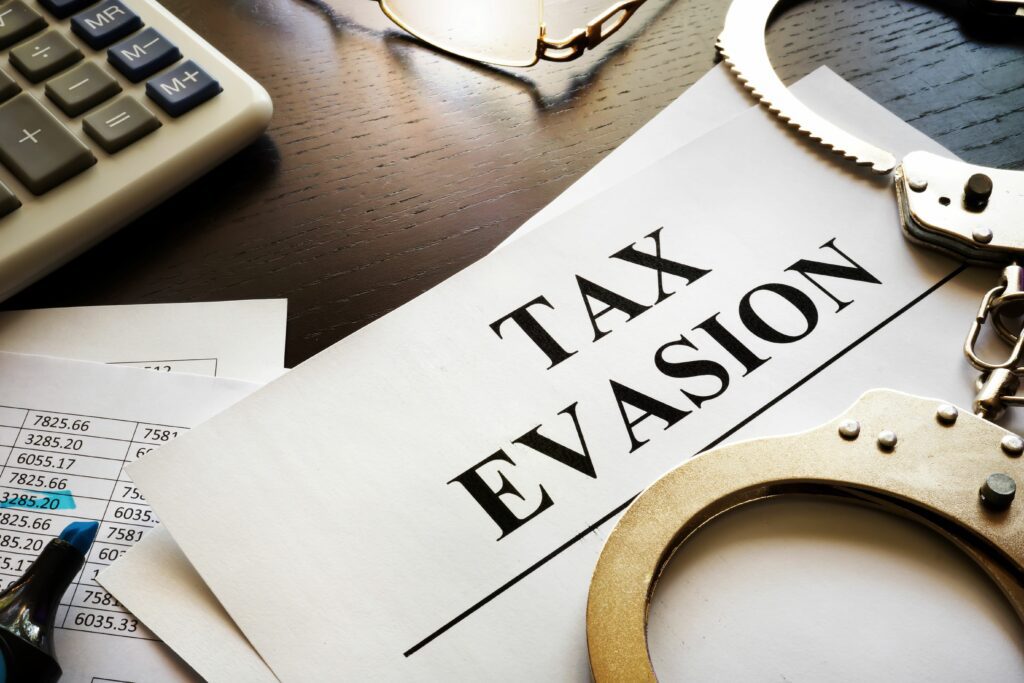
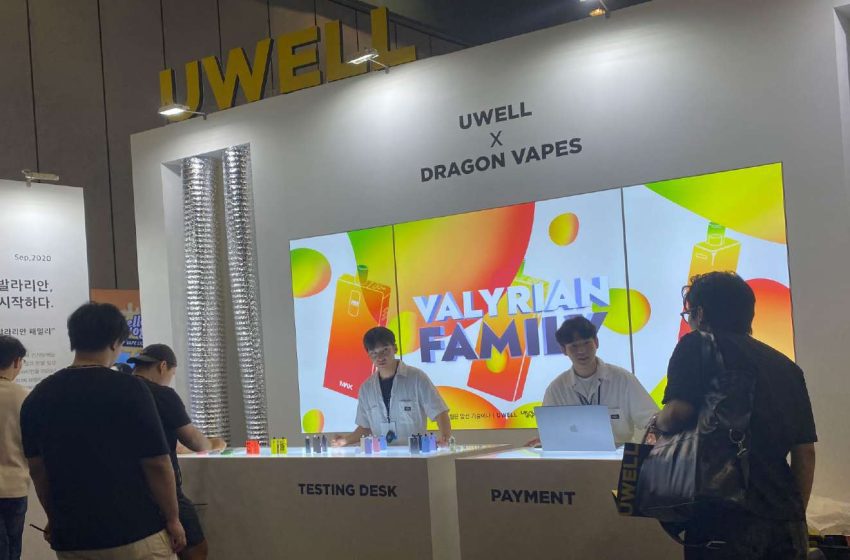
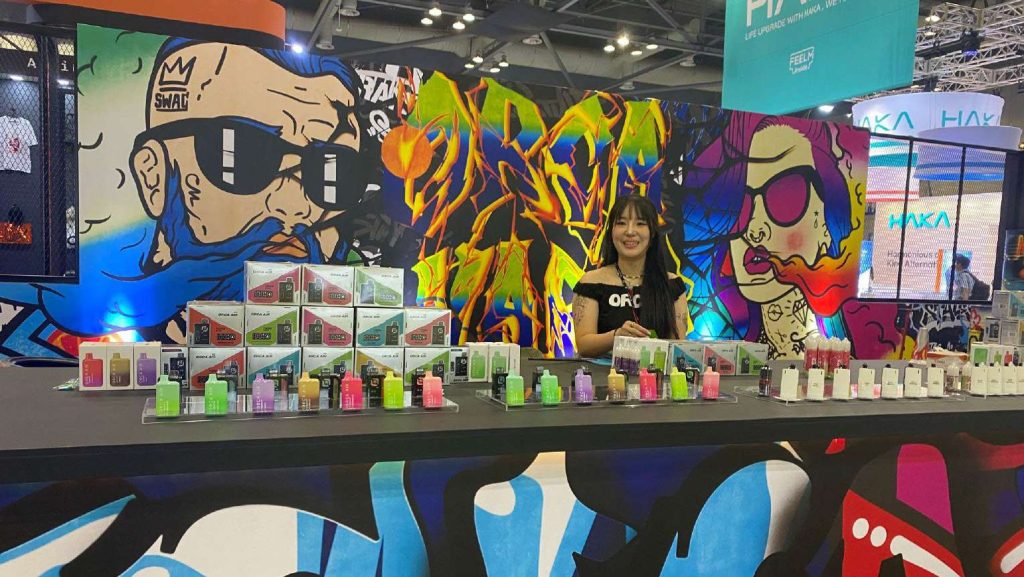


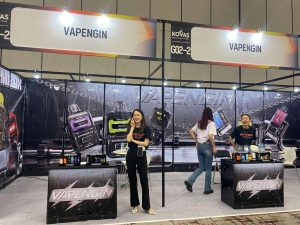 Heat-not-burn players on the Korean market include Smoore (Haka Korea), Shenzhen SMY (Pluscig, Morex) and Shenzhen Yunxi Smart (UWOO), according to Wingle. Smoore, the world’s largest atomization company, seemed to also attempt to generate new leads and establish new relationships for the expansion of its FEELM-powered devices. Disposable vaping products had a strong presence, and the segment continues to grow globally.
Heat-not-burn players on the Korean market include Smoore (Haka Korea), Shenzhen SMY (Pluscig, Morex) and Shenzhen Yunxi Smart (UWOO), according to Wingle. Smoore, the world’s largest atomization company, seemed to also attempt to generate new leads and establish new relationships for the expansion of its FEELM-powered devices. Disposable vaping products had a strong presence, and the segment continues to grow globally.


